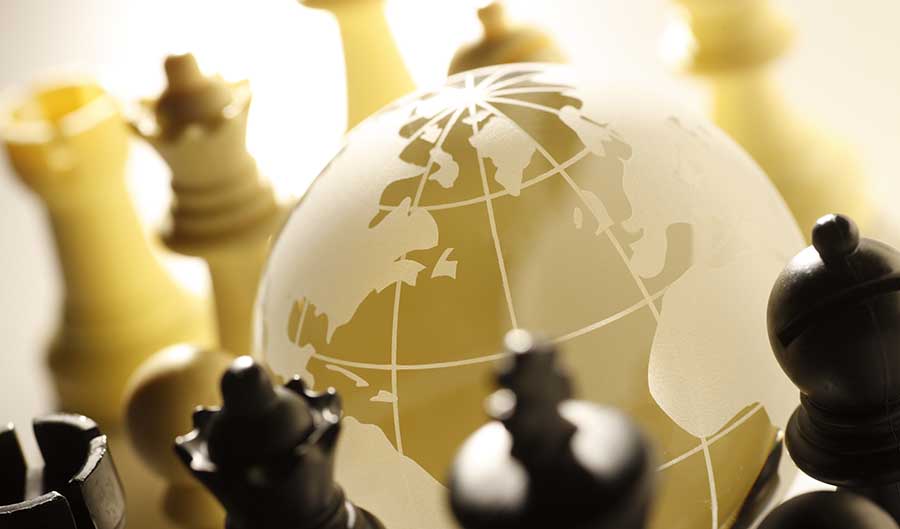Jan 13, 2023
Stephen Roach has long been one of Wall Street’s most influential economists. His work has appeared in academic journals, books, congressional testimony a

Wu Xinbo, Director of the Center for American Studies, Fudan University
Jan 12, 2023
The United States lacks the strength and influence to simultaneously contain both China and Russia. As with the Iraq and Afghanistan wars, its policies will place it in strategic overdraft and lead to more strategic errors.
Zhong Yin, Research Professor, Research Institute of Global Chinese and Area Studies, Beijing Language and Culture University
Dec 02, 2022
Republicans narrowly captured a majority in the U.S. House of Representatives, so President Biden will likely face more internal pressure to play tough with China. But there is also reason to believe that tensions will ease as Trumpism fades.
Li Yan, Director of President's Office, China Institutes of Contemporary International Relations
Nov 17, 2022
With a White House and Senate held by Democrats and the House of Representatives held by Republicans, more complexity may come to China-U.S. relations. A change in House leadership may bring out the China hawks in greater numbers.
Lucio Blanco Pitlo III, President of Philippine Association for Chinese Studies, and Research Fellow at Asia-Pacific Pathways to Progress Foundation
Nov 14, 2022
China’s next move is the subject of much speculation and worry for observers and enemies. The current conditions of today’s geopolitical stage should lead China towards its Southeast Asian neighbors in what may be its next international outreach campaign.
Chen Jimin, Guest Researcher, Center for Peace and Development Studies, China Association for International Friendly Contact
Oct 31, 2022
With its National Security Strategy, the Biden administration addresses the dual challenge of winning the strategic competition with major powers, while addressing matters such as climate change, pandemics and food insecurity.
Zhou Xiaoming, Former Deputy Permanent Representative of China’s Mission to the UN Office in Geneva
Oct 12, 2022
An anti-development drive by the United States aims to undercut China in the Solomon Islands and elsewhere. Washington portrays China as a bad actor, sows discord and sets up exclusive trading blocs in a geopolitical tsunami designed to maintain U.S. dominance.
Zhai Kun, Professor at School of International Studies; Deputy Director of Institute of Area Studies, Peking University
Oct 12, 2022
Three primary U.S. goals have their limitations. While it currently enjoys an internal bipartisan consensus on China, diplomatic and security problems, loopholes and contradictions exist for many countries in the region. The U.S. seeks to adjust the system to its advantage.
Dong Chunling, Deputy Director, Office of the Center for the Study of a Holistic View of National Security, CICIR
Oct 03, 2022
The U.S. strategic community’s assessment of America’s China policy can make a major difference in bilateral relations. Crises have a double edge: They provide challenges but also opportunities. Whether or not U.S. leaders will listen to the experts remains an open question.
Wang Zhen, Professor and Deputy Director, Institute for International Relation Studies, Shanghai Academy of Social Sciences
Jul 27, 2022
President Joe Biden’s trip didn’t measure up to expectations. That’s because America’s hegemony in the region is not what it used to be. If the Biden administration had recognized this early, U.S. diplomacy would have been more rewarding.
Back to Top

- China-US Focus builds trust and understanding between the U.S. and China through open dialogue among thought leaders.
- Our Offerings
- Topics
- Videos
- Podcasts
- Columnists
- Research Reports
- Focus Digest
- Stay Connected
-
Thanks for signing up!
- Get the latest stories from China-US Focus weekly.